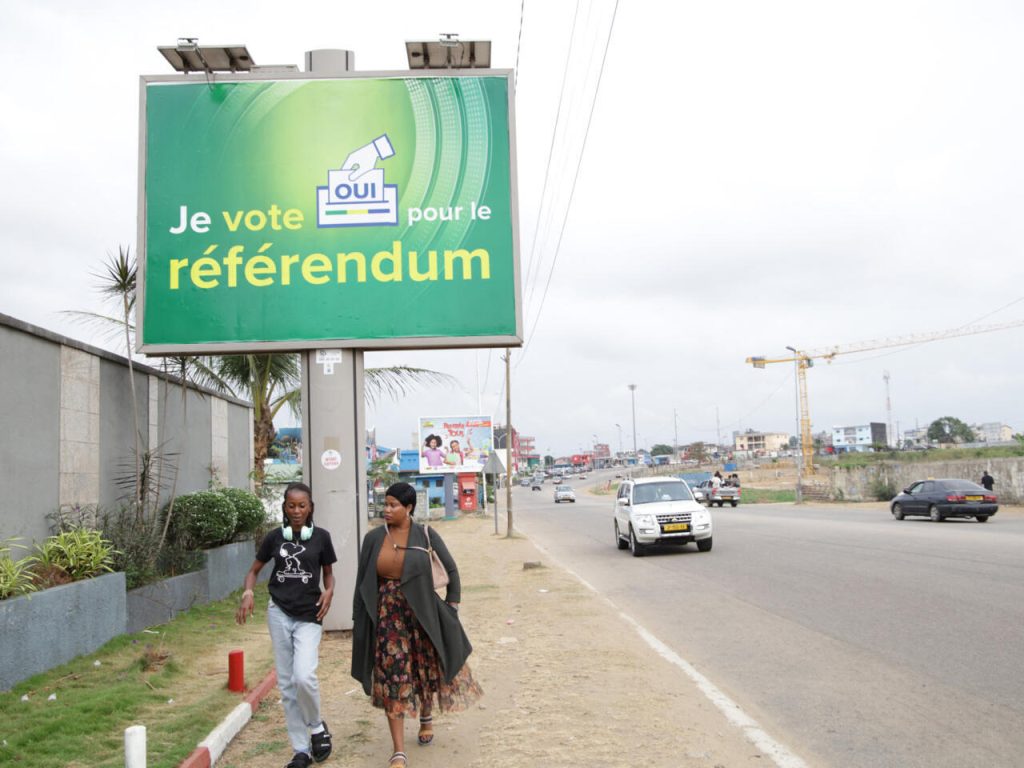Gabonese citizens are heading to the polls today to vote on a new constitution that the country’s junta has described as a major turning point following the military coup that ended 55 years of Bongo family rule.
The referendum features a straightforward choice: voters can cast a green ballot for “yes” or a red one for “no.” Authorities have heavily promoted participation through TV, radio, and social media campaigns, even declaring a two-day public holiday to boost turnout. Polling stations opened at 7:00 am (0600 GMT) and will close at 6:00 pm (0500 GMT).
The draft constitution introduces a limit of two seven-year presidential terms, removes the office of prime minister, and bans dynastic transfers of power. It also stipulates that presidential candidates must be Gabonese citizens with at least one Gabon-born parent and a Gabonese spouse.
The referendum is part of the junta’s roadmap to return to civilian rule, a promise made after ousting President Ali Bongo Ondimba in August 2023. General Brice Oligui Nguema, the transitional president, has pledged to hand over power by August 2025 but has openly signalled his intention to run in the next presidential election.

Oligui took to social media to underscore the significance of the referendum, posting a photo of himself with a voting card, saying, “We have a date with history.”
Critics argue the proposed constitution is designed to consolidate power for Oligui. “We are creating a dictator who designs the constitution for himself,” said lawyer Marlene Fabienne Essola Efountame during a televised debate.
However, others see it as a necessary step toward progress. “We didn’t have this kind of debate before,” said Johanna Boussamba, spokesperson for COPIL, a civil society group, urging voters to support the reforms.
Ali Bongo, who ruled for 14 years before being ousted, succeeded his father, Omar, who led Gabon for over 41 years. The Bongo regime was widely accused of corruption, poor governance, and embezzlement.
A recent Afrobarometer survey revealed that 87% of Gabonese believe the country is moving in the right direction, with over 46% expressing great confidence in Oligui’s leadership. However, concerns about unemployment, healthcare, infrastructure, and rising living costs remain top priorities for the population.
The government has pledged transparency for the referendum, inviting international observers—absent during the disputed August 2023 presidential election—and promising to release provisional results promptly.
As the nation votes, many see this referendum as a test of whether Gabon can move beyond its autocratic past and build a future centred on democratic reform and economic progress.

